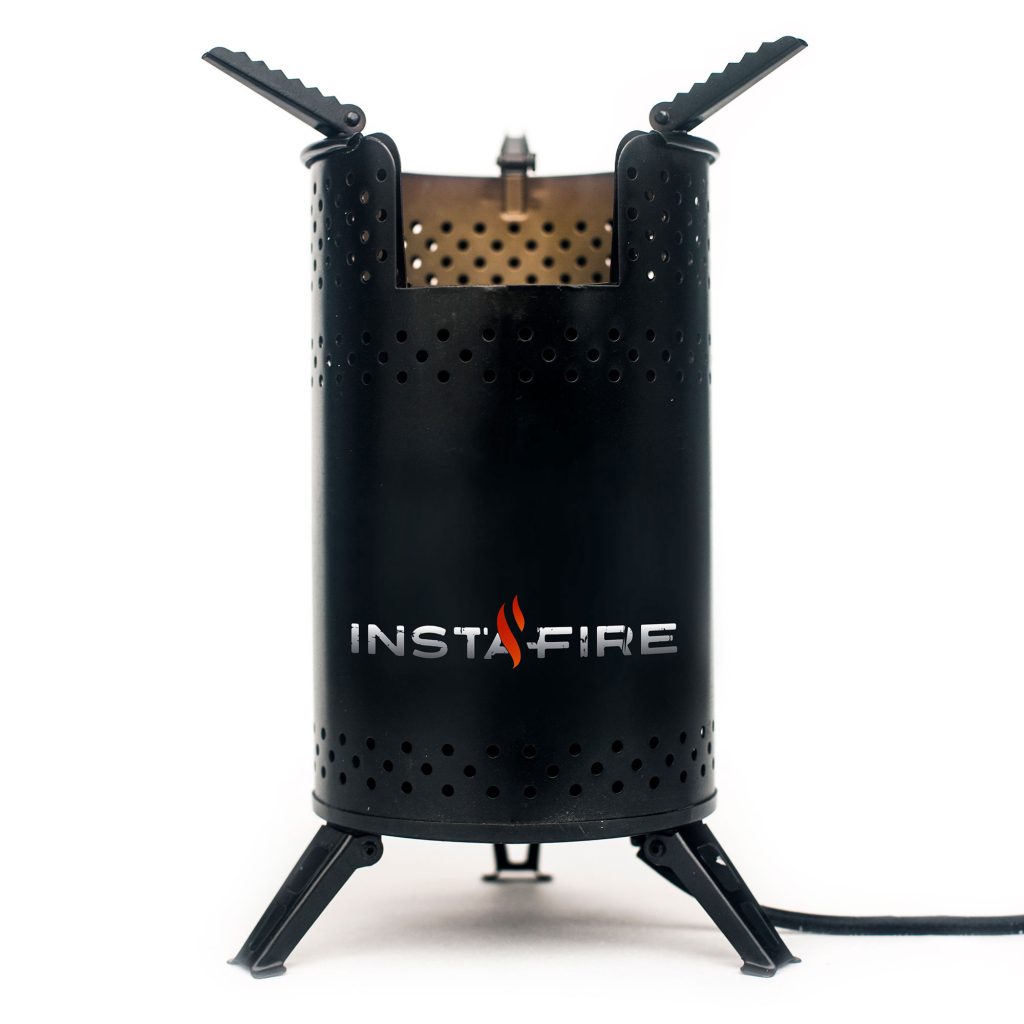CAMPING DROPSHIP BLOG
What to do when camping in the mountains
COOKING OPTIONS IN THE MOUNTAINS
When you’re away from established campgrounds, simplicity, portability, and safety are key. Consider these methods:
Campfire Cooking
Pros: No need to carry fuel. Versatile.
Cons: Fire restrictions often apply. Gathering wood can be difficult or forbidden.
Tips:
Use a fire ring or dig a fire pit where allowed.
Bring cast iron pans or a grill grate.
Foil packet meals, skewers, and soups/stews in pots work well.
Portable Camping Stove
Types:
Canister stoves (e.g. Jetboil, MSR PocketRocket): lightweight and efficient.
Liquid fuel stoves: better for high altitude/cold weather.
Pros: Reliable, compact, quick.
Cons: Requires fuel. Less “flavor” than campfire.
Best for: Boiling water, dehydrated meals, coffee, oatmeal, etc.
Backpacking Stove (Ultralight)
Tiny stoves that screw onto small fuel canisters.
Great for solo or minimalist campers.
Just enough for boiling water or making hot drinks/instant food.
Solar Ovens or Rocket Stoves
Rocket stoves use sticks/twigs and are fuel-efficient.
Solar ovens are great in sunny conditions but slow.
DIY Bushcraft Cooking
Use rocks, tripods, or Y-shaped sticks for primitive setups.
Good for roasting, smoking, or hanging pots.
FISHING IN THE MOUNTAINS
Mountain streams and lakes often contain cold-water fish species like:
Trout (brook, rainbow, cutthroat)
Grayling (in northern regions)
Smallmouth bass (in lower, warmer areas)
How to Fish:
Spinning rods: Versatile and beginner-friendly.
Fly fishing: Excellent for small streams and trout.
Handline fishing: Minimalist but effective in the right hands.
Bait & Lures:
Natural: Worms, crickets, or small insects.
Artificial: Spinners, small spoons, or flies.
Trout are picky—match your lures to local insect life if you can.
Tips:
Fish early morning or dusk.
Focus on pools, undercut banks, and slow-moving waters.
Stay stealthy—trout spook easily.
Check local fishing regulations, seasons, and license requirements before you go.
HUNTING SMALL GAME
If you’re supplementing food with wild game, small game is more accessible than big game in most mountain settings.
Common Small Game:
Squirrels
Rabbits
Grouse / Ptarmigan
Ducks (in season)
Hares
Slingshots: Legal in some areas and very quiet—needs skill.
Bow (Recurve or Compound): For small game hunting where firearms are restricted.
Trapping/Snares:
Legal Status Varies – You must check local game laws.
Can be useful for passive hunting if you’re camping in one place for multiple days.
Tips:
Early morning and dusk are peak movement times.
Focus on edges of clearings, near water sources, and berry patches.
Clean animals immediately to avoid spoilage.
SURVIVAL & ETHICAL CONSIDERATIONS
Never rely solely on foraged or hunted food unless you’re trained and experienced.
Carry high-calorie backup food like freeze-dried meals, nuts, jerky, or rice/lentils.
Always purify water (boiling, filters, iodine).
Respect wildlife and follow Leave No Trace principles.
Obey all local laws: Licenses, seasons, and firearm rules vary significantly.


